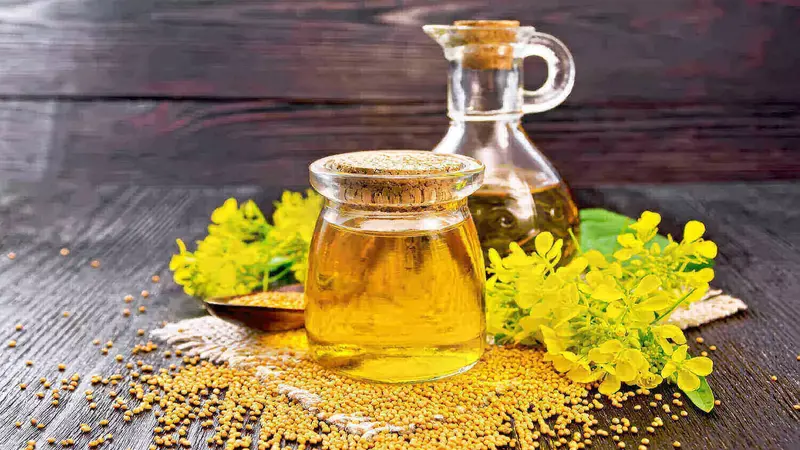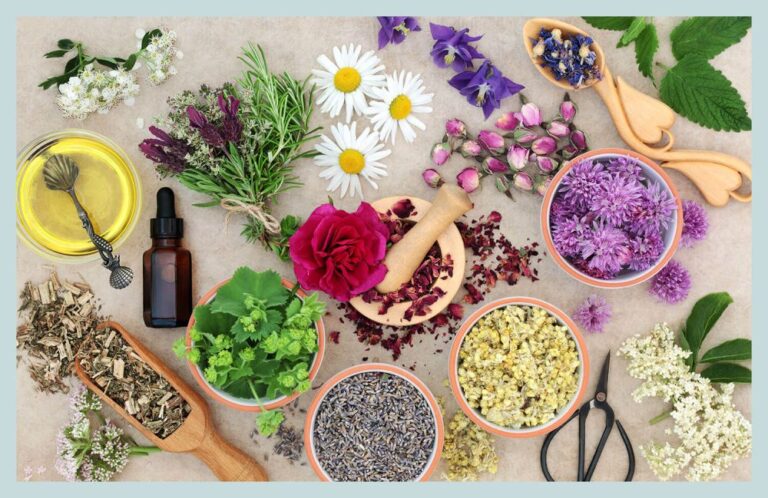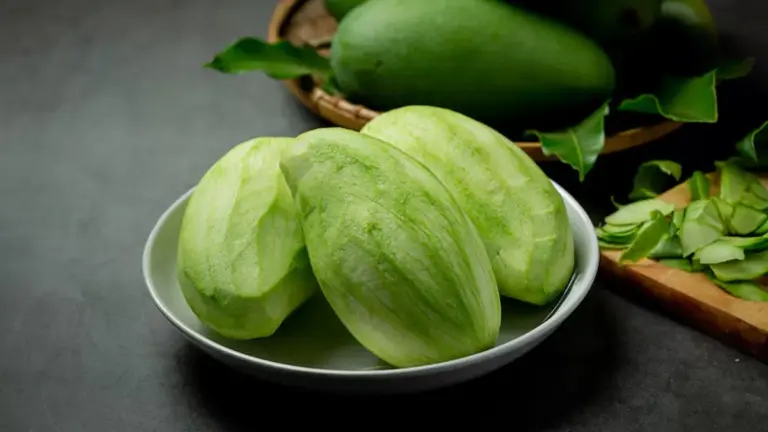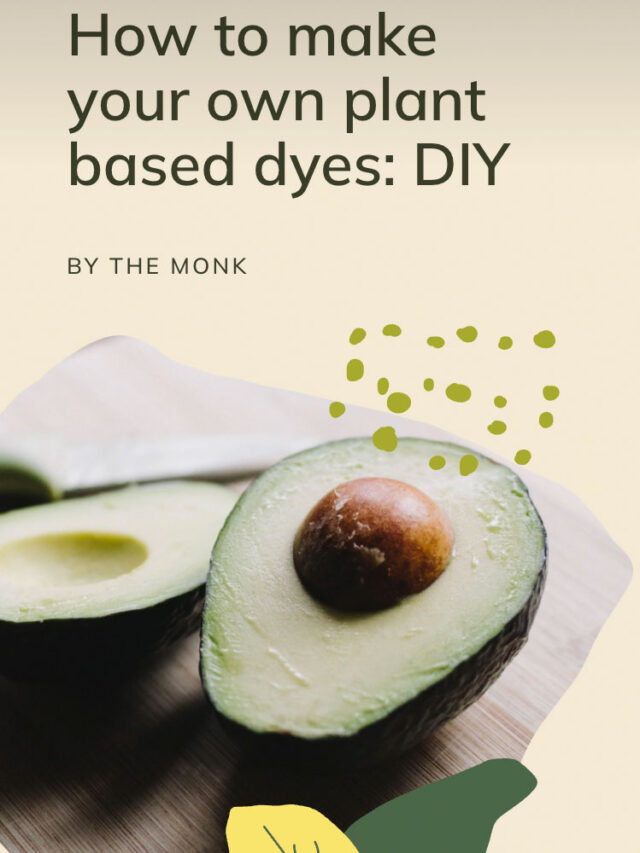Mustard oil, derived from the seeds of the mustard plant, is a versatile and traditional cooking oil that has been widely used in various cultures for centuries. Particularly in winters, mustard oil offers a range of benefits that extend beyond culinary applications. From promoting skin health to providing relief from cold-related issues, the advantages of using it during the colder months are diverse.
Let’s delve into the multifaceted benefits of mustard oil in winters
Warming Properties
Mustard oil is renowned for its natural warming properties, making it an ideal choice for the winter season. When applied topically or used in massage, the oil helps increase blood circulation and generates warmth. This is especially beneficial in colder climates, as it can help combat the chill and promote a sense of comfort.

Joint and Muscle Pain Relief
Winter often brings with it conditions like arthritis, joint stiffness, and muscle pain, exacerbated by the cold weather. Mustard oil, with its warming effect, can be massaged onto the affected areas to alleviate pain and stiffness. The oil’s ability to penetrate the skin and provide warmth helps relax muscles and joints, offering relief from winter-related aches and discomfort.
Moisturizing and Nourishing for Skin
The colder months can be harsh on the skin, leading to dryness and flakiness. Mustard oil serves as an excellent natural moisturizer. Rich in fatty acids, vitamins, and antioxidants, it helps nourish the skin from within, preventing dehydration and promoting a healthy complexion. Applying the oil to the skin can leave it supple and well-hydrated, combating the adverse effects of winter dryness.
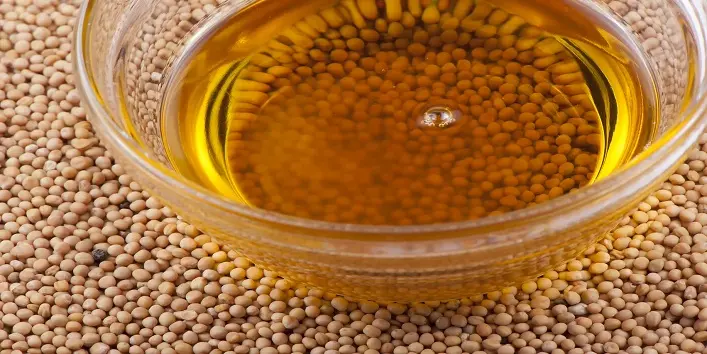
Antibacterial and Antifungal Properties
Mustard oil has inherent antibacterial and antifungal properties, attributed to compounds like allyl isothiocyanate. Applying the oil to the skin can act as a protective barrier against infections and fungal issues that may be more prevalent during the winter months. This makes it a valuable addition to skincare routines, especially in regions where winter brings increased susceptibility to skin infections.
Respiratory Health
Mustard oil has been traditionally used as a remedy for respiratory issues, which can be aggravated during the winter season. Inhaling steam infused with a few drops of mustard oil can help relieve congestion, ease breathing, and soothe irritated respiratory passages. This practice is particularly beneficial for individuals prone to colds, coughs, or sinus congestion in colder weather.
Hair Care
Winter weather can be harsh on the hair, leading to dryness, frizz, and increased susceptibility to breakage. It can be applied to the hair and scalp as a deep conditioning treatment. Its nourishing properties help moisturize the scalp, reduce dandruff, and promote healthier, shinier hair. Massaging mustard oil into the scalp can also stimulate blood circulation, supporting overall hair health.

Boosts Immunity
Mustard oil contains various nutrients, including vitamin E, which is known to support immune function. Consuming mustard oil in moderation as a part of your diet during winters may contribute to overall immune system health. Additionally, the antimicrobial properties of the oil can help protect against infections, providing an added layer of defense during the cold and flu season.
Culinary Benefits
Apart from its numerous external applications, mustard oil is a popular cooking oil in many cultures. It adds a distinctive flavor to dishes and is known for its high smoking point, making it suitable for various cooking methods, including deep frying. Inclusion of mustard oil in the diet during winters not only enhances the taste of food but also brings its internal health benefits.

Anti-inflammatory Effects
The oil exhibits anti-inflammatory properties that can be beneficial for conditions like arthritis and other inflammatory disorders. When applied topically or used in massage, it may help reduce inflammation, providing relief from pain and discomfort associated with inflammatory conditions.
Cardiovascular Health
Consuming mustard oil in moderation may have positive effects on cardiovascular health. The oil is rich in monounsaturated and polyunsaturated fats, which are considered heart-healthy. It also contains omega-3 fatty acids, known for their cardiovascular benefits. Including it in your winter diet as a cooking medium can contribute to a balanced and heart-healthy lifestyle.

Promotes Digestive Health
Mustard oil has been traditionally used to aid digestion. It stimulates the production of gastric juices and enhances the flavor of food, making it easier to digest. Incorporating the oil into your cooking routine during winters may support digestive health and alleviate common digestive issues.

Repellent Properties
It has a distinct pungent smell that can act as a natural repellent. In some cultures, mustard oil is used to protect against insects and pests during the winter months. Applying diluted oil to exposed skin or using it in diffusers may help keep unwanted bugs at bay.
In conclusion, mustard oil emerges as a versatile and beneficial companion during the winter season. Whether used for cooking, massage, or skincare, its warming, moisturizing, and health-promoting properties make it a valuable addition to winter routines. As with any natural remedy, it’s important to use mustard oil in moderation and be mindful of individual sensitivities or allergies. Integrating mustard oil into your winter lifestyle can contribute to a holistic approach to well-being, nurturing both the body and the mind in the colder months.

